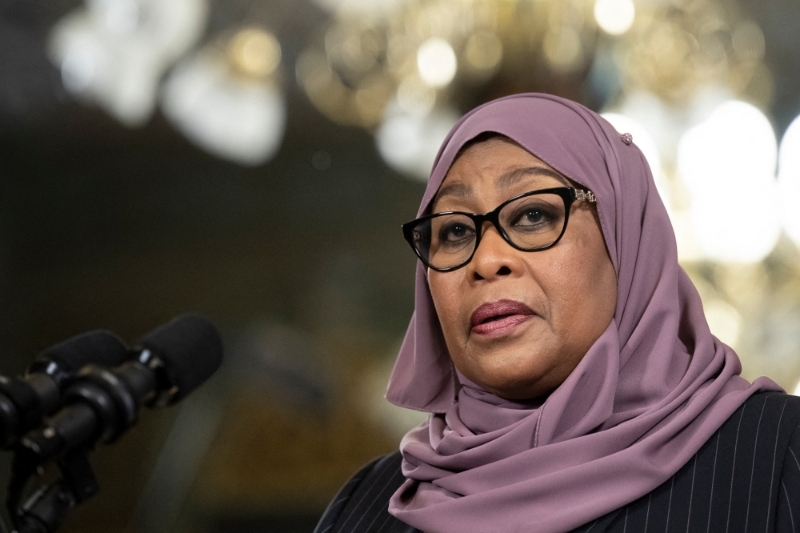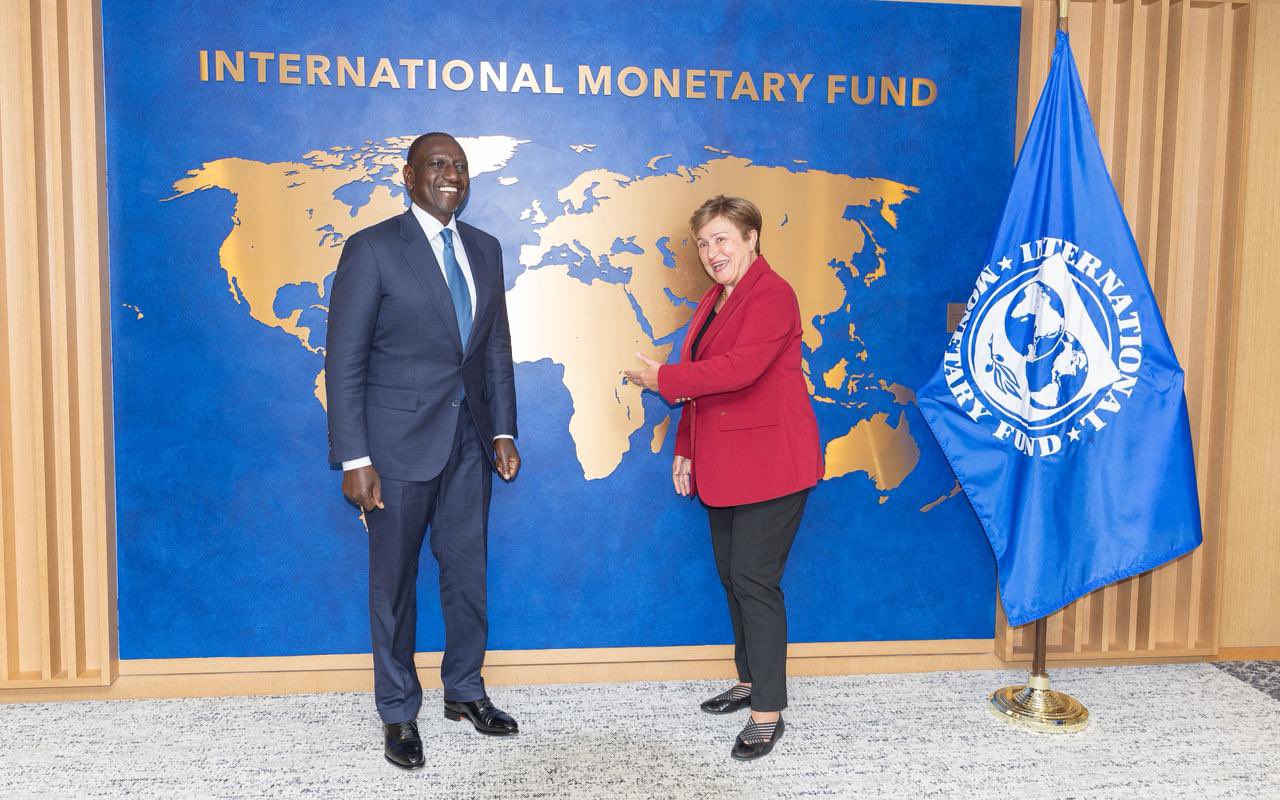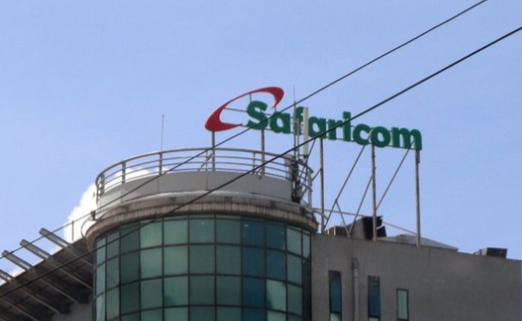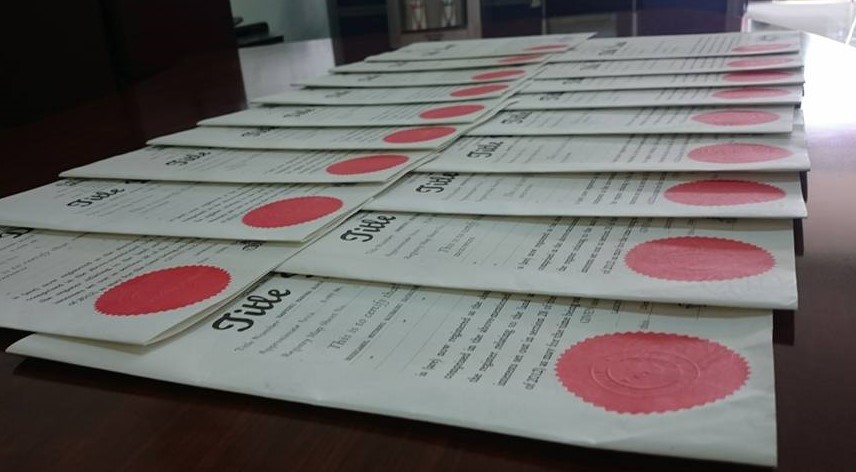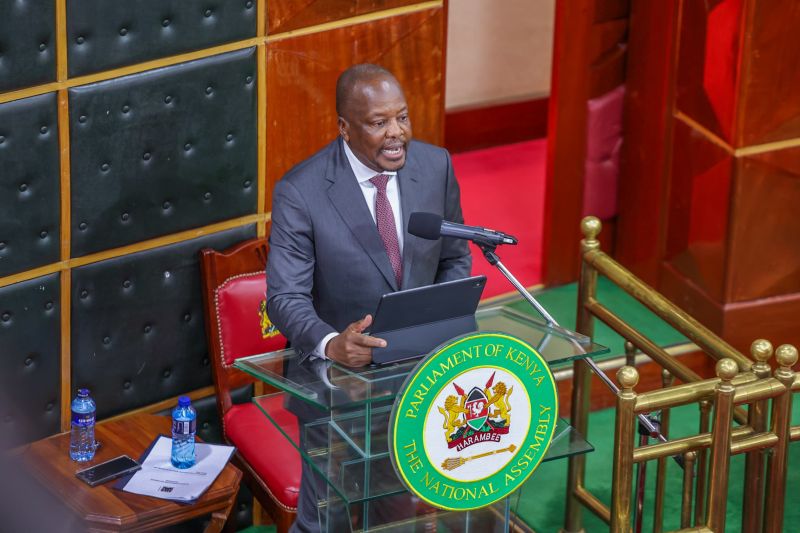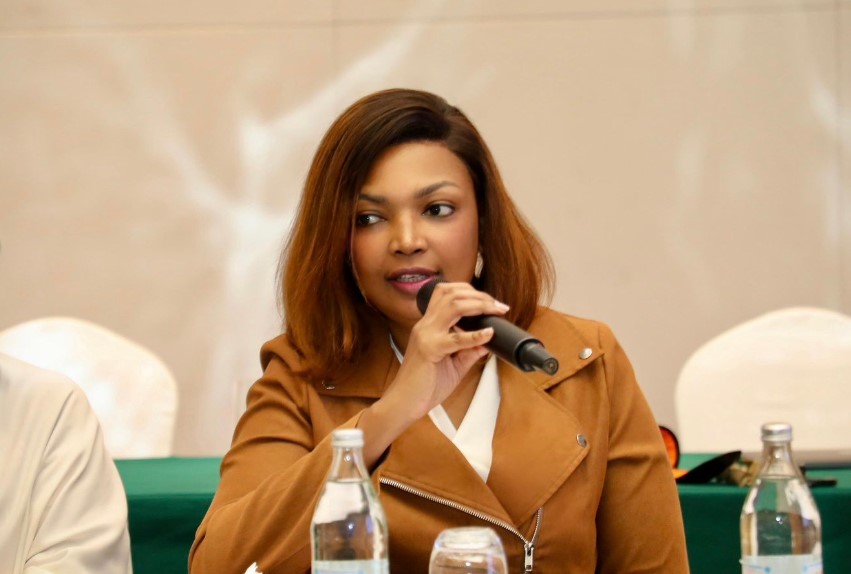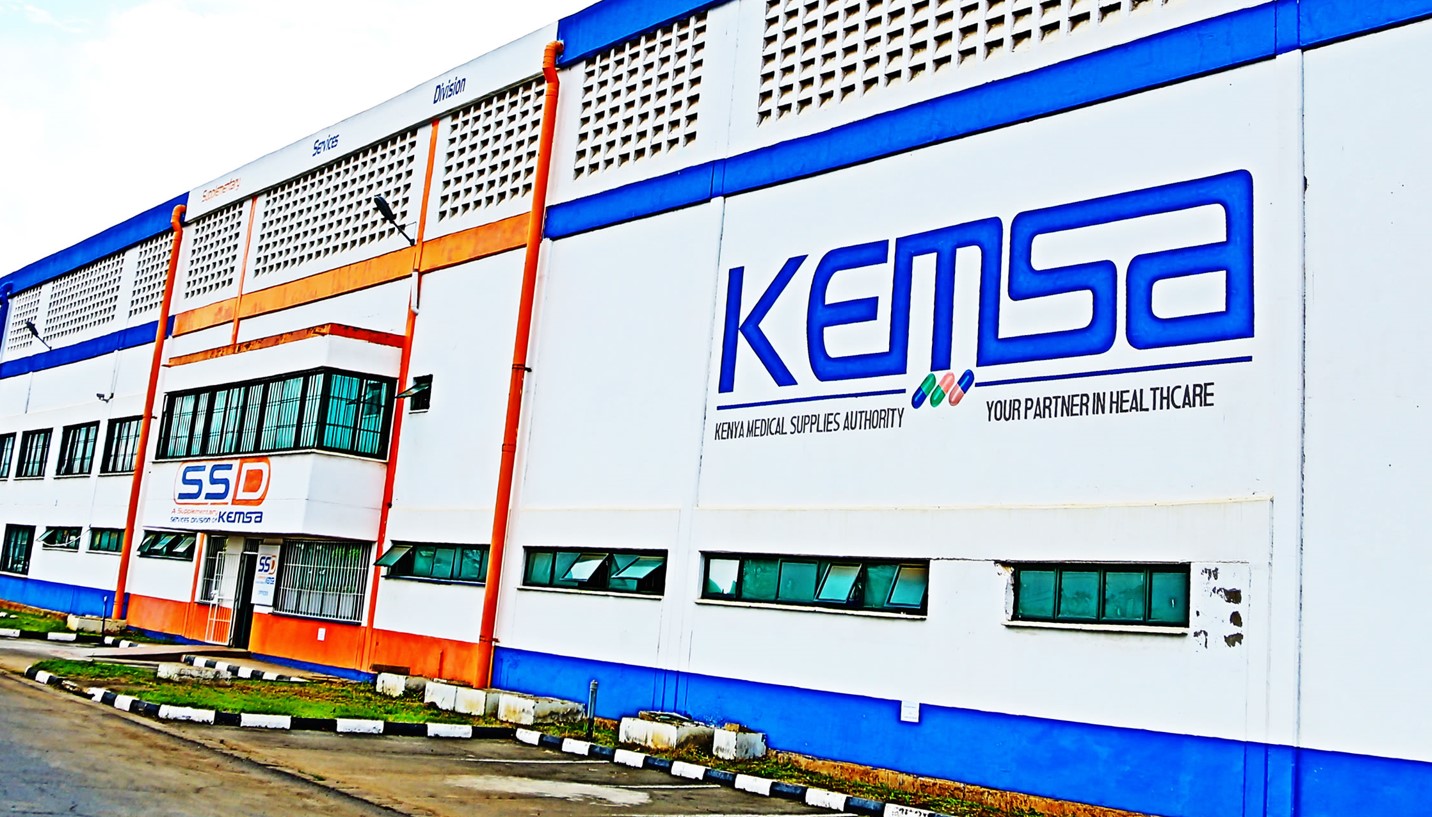Ruto warns developing nations risk being sidelined from renewable energy boom
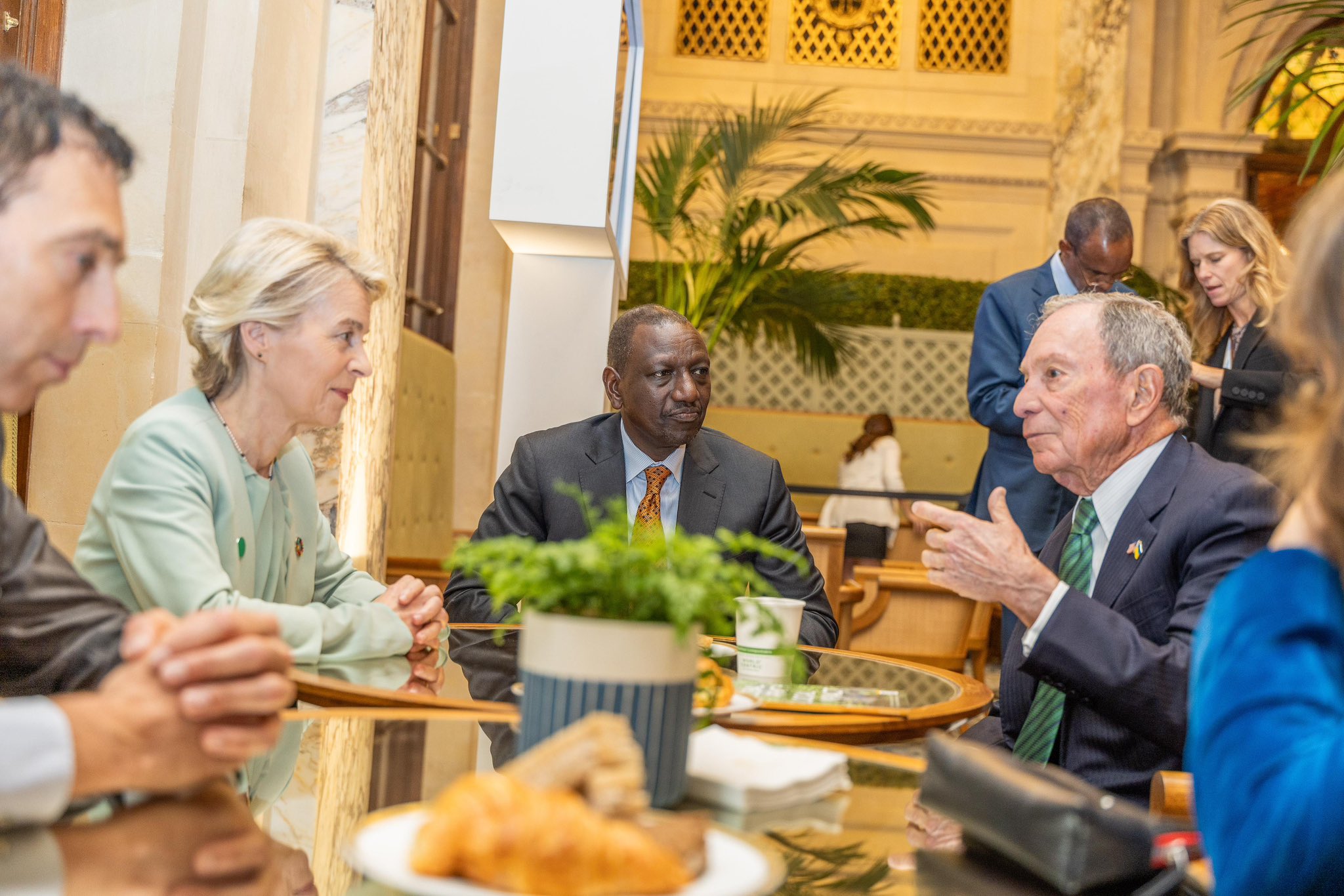
Ruto said Africa will keep pushing for the correction of financial disparities and unfair systems that leave the continent with less than two per cent of the world's renewable energy investment despite being endowed with over 60 per cent of the world’s best solar potential.
President William Ruto has warned that developing nations risk missing out on a push to triple the amount of renewable energy worldwide without financial support from rich countries.
Speaking at a Global Renewables Summit held on the sidelines of the UN General Assembly, President Ruto said that while the technologies exist to achieve the goal set at the COP28 climate summit in Dubai last year to triple global renewable energy capacity by 2030, without investment and support, developing nations will not reap the benefits of clean electricity.
More To Read
- Turning food waste into energy key to climate goals, says UN report
- Why countries struggle to ditch fossil fuels despite rising costs, decades of climate deals
- Kenya beats Tanzania and Uganda in electricity and renewable energy growth
- Renewables overtake coal in global electricity generation
- Renewable power capacity to double by 2030 - IEA
- Africa secures Sh12 trillion to fast-track green industrialisation
He stressed that Africa holds a significant opportunity amid the global push to diversify energy value chains, particularly in the renewable energy sector.
Ruto said the continent will keep pushing for the correction of financial disparities and unfair systems that leave Africa with less than two per cent of the world's renewable energy investment despite being endowed with over 60 per cent of the world’s best solar potential.
"Africa receives less than 50 per cent of global investment in renewable energy despite being home to 60 per cent of the world's best solar opportunities," Ruto, who co-hosted the Global Renewables Summit with the Prime Minister of Barbados Mia Mottley said.
"Although the continent is resource-rich, unreliable or expensive, energy limits our ability to harness these resources for development."
Ruto said to overcome the crippling energy poverty, the world must give priority to industrialisation and economic growth.
"Erratic and costly energy supply hinders Africa from fully utilising its abundant resources for development," he said.
"High capital costs and economies of scale mean that investors require secure offtake agreements. Establishing anchor industrial demand, driven by energy-intensive industries, is crucial for securing these investments."
President Ruto also linked his call for industrialisation to the Africa Green Industrialisation Initiative (AGII), an agenda he introduced at the COP28 climate summit.
“Expanding energy is critical for the AGII agenda,” he said, adding that industrialisation would play a key role in enhancing Africa’s renewable energy potential.
With global energy demand on the rise, countries will need to use more renewable energy in order to avoid burning more fossil fuels.
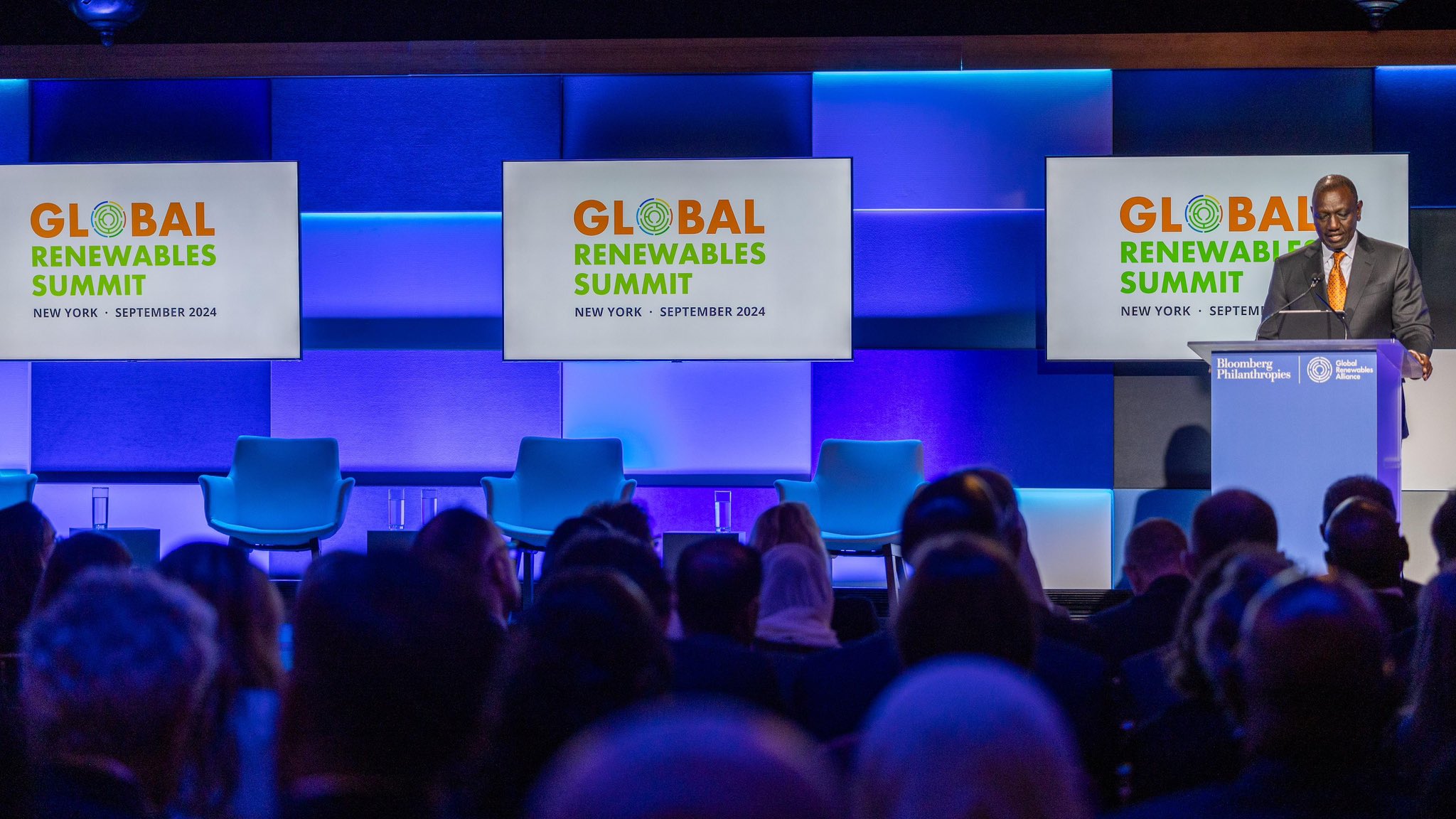 President William Ruto delivers his speech at the Global Renewables Summit in New York on September 24, 2024. (Photo: PCS)
President William Ruto delivers his speech at the Global Renewables Summit in New York on September 24, 2024. (Photo: PCS)
To further drive the initiative, Ruto announced that next month, Kenya will host the first Accelerated Partnership for Renewables in Africa (APRA) Investment Forum in collaboration with the International Renewable Energy Agency (IRENA).
According to him, Africa must focus on expanding both the supply and demand for renewable energy.
This approach, he said, will unlock partnerships, innovative ideas, and broader solutions to address the continent's energy needs.
"With Africa’s unmatched climate competitiveness, we can offer global solutions that grow our economies, create jobs, and generate dignified livelihoods. We can deliver healthy financial returns, but we need systems and tools that truly work for Africa and, by extension, for the world," Ruto added.
Addressing global financial gaps
President Ruto pointed out that while the world has the necessary technology to triple renewable energy capacity by 2030, it requires a disciplined and honest approach. He warned that failure to act decisively could deepen global inequalities and worsen development divides.
"The power of choice is in our hands, literally and figuratively. Let’s wield it wisely and make it count!" he urged.
The Head of State also referenced the recently adopted “Pact of the Future,” calling for genuine commitment to the implementation of its ambitious goals.
He reiterated Africa’s push for a correction of the global financial and investment systems, which he described as unfair and inadequate.
Recent reports, including by the International Energy Agency, have shown that the goal of tripling renewable energy is feasible this decade, but requires strong permitting rules and regulations, as well as investments in building out transmission and battery storage.
"Massive investments"
European Commission President Ursula von der Leyen told the summit that this will require "massive investments" from the public and private sector, especially for "countries and regions where there is a lack of affordable energy and capital, and where costs are so high that is an obstacle to electrification."
Barbados Prime Minister Mia Mottley said that fossil fuel subsidies outnumber renewable energy subsidies, which makes it more expensive for small states to develop clean energy projects.
"Small states face the reality that the cost of renewable energy ... will probably be higher than traditionally fossil fuels," she said.
Earlier in the day, a coalition of some of the world's biggest companies, finance houses and cities called Mission 2025 urged governments to adopt policies that they said could unleash up to $1 trillion in clean energy investments by 2030, such as setting new capacity targets and offering tax credits or long-term electricity contracts would boost the industry's case for investment.
African leaders are especially anxious to find ways to grow their electricity portfolios, both to fuel development and to reach hundreds of millions of people who still have no access to electricity at all.
The African Development Bank and World Bank presidents spoke Monday about their project to expand electricity access to more than 300 million people on the continent, for which the banks were seeking $30 billion in private-sector investment.
"You cannot grow the global economy without energy," said Africa Development Bank president Akinwumi Adesina, during an event hosted Monday by the Global Energy Alliance for People and Planet.
"You cannot industrialize in the dark."
Additional reporting by Reuters
Top Stories Today

